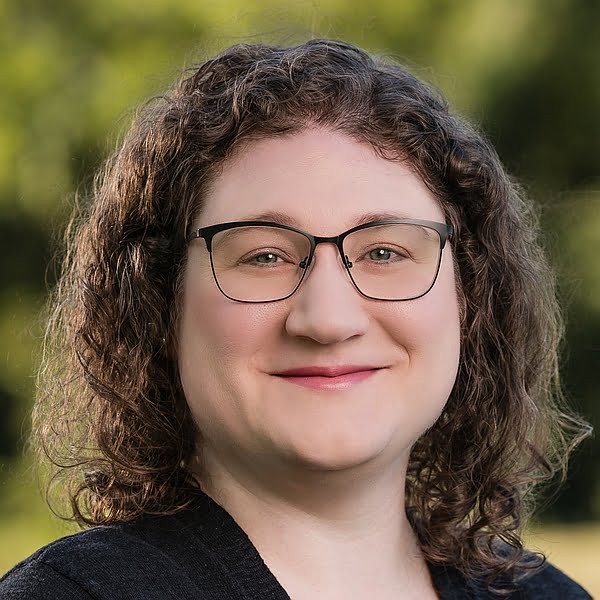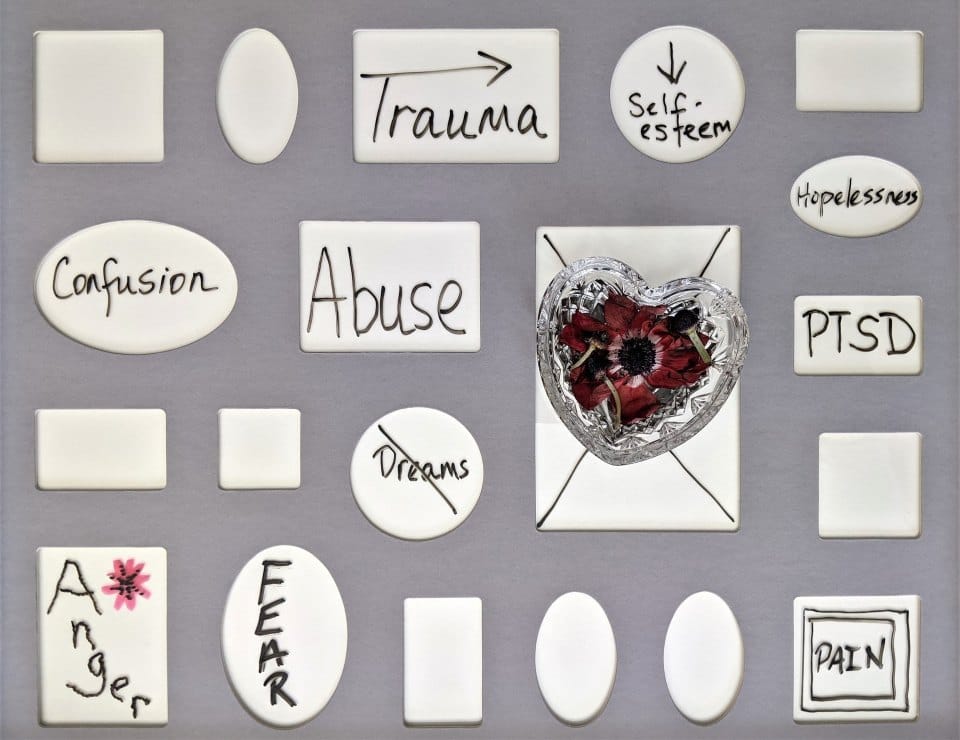Grief is a unique, nonlinear, unpredictable, off-putting emotion that can knock your seemingly steady world right off its axis. Not only is the process of dealing with grief different for each person, but each situation is unique as well, which means that your grief journey will be distinct to you.
The idea that what you are going through is uncharted territory can add anxiety to an already tumultuous period of your life. Not having a map or a forecast for the future is often as unsettling as missing your departed loved one.
Though dealing with grief is indeed unpredictable, there are a few common questions that seem to come up a lot during grief counseling. This is particularly true if the griever was a caregiver for the departed and is especially common in the early stages of grief.
Questions that May Arise When Dealing with Grief After Caregiving
Here are some of the common questions that come up during the grieving process. If you have concerns about these issues, you are not alone, and that fact on its own can help orient you and put you on a course toward healing.
Did I spend enough time with them?
Wondering whether you spent enough time with your loved one is a natural process of grieving. No set amount of time is considered “enough” time to be with someone you love. But practically speaking, you cannot ever spend as much time with them as you would like. Even if your loved one lives until they are a hundred years old, it’s natural to feel as if you didn’t have enough time with them.
This type of question comes from the deep love you have for your loved one. While you may wish that you had had more time, remember that the moments you did have with them were filled with care and your presence. You gave so much of yourself through the caregiving process, and that time was a meaningful and valuable gift, even if it feels like it wasn’t enough right now.
 God has multiple purposes for your life. One of your jobs may have been to be a caregiver, but that’s not your only mission. You are a multifaceted, complex person with a variety of responsibilities. While caregiving is an act of love, it is also time-consuming and emotionally draining. To be the best caregiver you can be, you need to care for yourself first.
God has multiple purposes for your life. One of your jobs may have been to be a caregiver, but that’s not your only mission. You are a multifaceted, complex person with a variety of responsibilities. While caregiving is an act of love, it is also time-consuming and emotionally draining. To be the best caregiver you can be, you need to care for yourself first.
So, don’t begrudge yourself the moments you could have spent with your loved ones, but opted to take a quick nap or go out for coffee with a friend. Just because you are a caregiver doesn’t mean that your other responsibilities evaporate. Be thankful for the time you had with them, cherish the memories, and forgive yourself for the time you didn’t spend with them.
How long will I have the urge to check on them?
That instinct to check on your loved one is part of the deep care you developed as a caregiver. It is likely to gradually fade with time. Be kind to yourself and do something enjoyable in those times you would normally spend caregiving. If your routine was to spend half an hour on your loved one’s dinner, use that time to read a book, play a video game, indulge in a favorite television show, or go for a walk in nature.
Replace your old habit of caregiving with a new, healthy routine. Experts often say that it takes twenty-one times of repetition to form a new habit. That means that after about three weeks of constantly utilizing the time you would have devoted to caregiving to a new habit, your instinct to check on your loved one should subside.
When will I feel normal again?
Death causes a shift in schedule and mindset and can ripple waves of grief into all areas of your life. So, when will you ever feel normal again? Maybe never. But that isn’t a bad thing, and it all depends on how you define “normal.” Before the death of your loved one, you likely had anxiety over their illness and mortality.
If you were a caregiver, you had physical and practical responsibilities and an emotional commitment to their well-being. These moments of anxiety and overpacked schedules, long lists of things to do, and moments of feeling overwhelmed were normal during caregiving. Was it that amazing?
After you emerge from this time of grief, you won’t have to return to that version of normal. You can create a new normal that is filled with less stress, more peace, and carved in a way that is healthy and productive. And while you feel the loss now, you will emerge from this grief period in your life stronger than you’ve ever been before.
Is it normal to be angry at my departed loved one?
Yes, it is totally normal to be angry with your loved one who passed away. Anger is actually one of the stages of grieving. Your emotions don’t have the reasoning skills that your brain has. While your brain may know that your loved one has died, and likely would have opted to stay with you if they were given the option, your emotions only know that your loved one has left.
The feeling of anger is a result of feeling abandoned. Is it logical? No. But grief isn’t logical and cannot be reasoned with logically. Your feelings of anger at your loved one will fade with time. In the meantime, intentionally remind yourself that your loved one loved you and forgive them for not being in your life.
What can I do to not miss them so much?
 They say that time heals all wounds, and from a therapist’s perspective, I can tell you that is true most of the time. And what time doesn’t heal, God can. But when you miss them more than usual, experiment with different ways to soothe yourself. Spend time in places and spaces that remind you of them. If that makes you miss them more, change your plan and focus on some of the less appealing aspects of your loved one.
They say that time heals all wounds, and from a therapist’s perspective, I can tell you that is true most of the time. And what time doesn’t heal, God can. But when you miss them more than usual, experiment with different ways to soothe yourself. Spend time in places and spaces that remind you of them. If that makes you miss them more, change your plan and focus on some of the less appealing aspects of your loved one.
Did I just say to dwell on the negative? I did. No one is perfect, and when you feel especially sad, focus on something you DIDN’T like about your loved one, such as the way they chewed too loudly or were impatient with you. Don’t live in that negative space too long, but visit it just long enough to realize that your loved one was human and not a flawless superhero. This shift in thinking, even briefly, can help jar you out of your cycle of missing your loved one.
Should I go to grief therapy?
Questions will arise as you process a significant loss. It can be incredibly helpful to talk with a trained mental health care professional as you go through the grief process.
Knowing that you are not alone and having a trained professional at your disposal to help you answer these and other questions about your time as a caregiver, your responsibility to your loved one, and your path going forward can make a positive impact on your well-being. It can expedite the grieving process and help you arrive at a peaceful place sooner than walking that path alone.
Please feel free to reach out to our reception team to schedule an appointment with me or one of the other therapists at our office. We would be honored to walk with you as you are dealing with grief and help you find a path forward.
Hopefully, you have found something here that resonates with you. Through all the unpredictable aspects of dealing with grief, it brings some comfort to know that you are not alone in your grief and that you are not alone in your journey. These questions that we have explored are a normal part of grieving.
Know that the love and care that you provided your loved one was felt, even if it wasn’t verbally acknowledged or expressed. You honored your loved one by giving so much of yourself, and through the care that you provided, and that alone should give you some peace. Dealing with grief is complex, and it’s okay to feel what you feel, whenever you feel it. You will get through this and emerge as a stronger person.
Photos:
“In Loving Memory”, Courtesy of Sandy Millar, Unsplash.com, CC0 License; “Candles”, Courtesy of Mike Labrum, Unsplash.com, CC0 License
- Jessica Gallant: Author
I believe no one should struggle alone and I commend anyone with the courage to reach out for help. As a Licensed Professional Counselor, I offer faith-based therapy for teens, adult individuals, and couples. With empathy, transparency, and honesty,...
- Kate Motaung: Curator
DISCLAIMER: THIS ARTICLE DOES NOT PROVIDE MEDICAL ADVICE
Articles are intended for informational purposes only and do not constitute medical advice; the content is not intended to be a substitute for professional medical advice, diagnosis, or treatment. All opinions expressed by authors and quoted sources are their own and do not necessarily reflect the opinions of the editors, publishers or editorial boards of Stone Oak Christian Counseling. This website does not recommend or endorse any specific tests, physicians, products, procedures, opinions, or other information that may be mentioned on the Site. Reliance on any information provided by this website is solely at your own risk.






